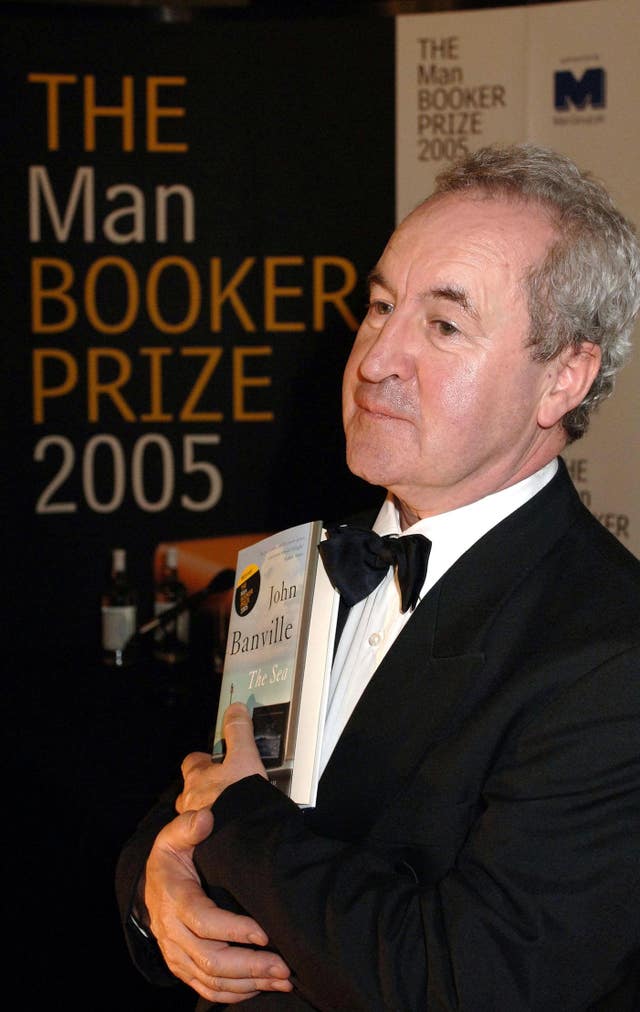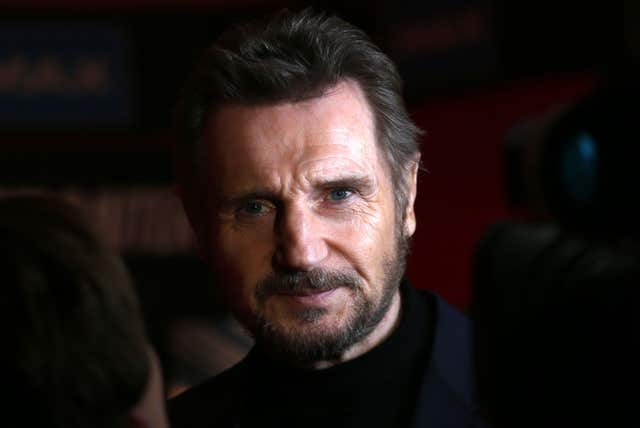Booker Prize-winning author John Banville has defended Liam Neeson over his controversial rape revenge comments, saying that the Hollywood star is being “demonised”.
Neeson has sparked outrage by saying he once had violent thoughts about killing a black person.
The actor, 66, is set to play fictional private detective Philip Marlowe in a film being adapted from best-selling writer Banville’s novel, The Black-Eyed Blonde.
Banville, who publishes his crime novels under the pen name Benjamin Black, told the Press Association that Neeson is a “decent man” who was “ashamed” of his thoughts.

“Does no-one listen any more?” the Irish writer said.
“Liam Neeson was delivering a cautionary tale.
“His point was that we must resist our primitive urges – and we all have primitive urges – and that his week, long ago, of plotting revenge for a specific outrage by doing violence to a person at random was something he was and is ashamed of.
“Liam Neeson is a decent man and does not deserve to be demonised in this way.”
Banville was commissioned by the Raymond Chandler Estate to pen the Philip Marlowe novel The Black-Eyed Blonde.
The book was a sequel to Raymond Chandler’s stories featuring the cult detective and is being adapted into the movie Marlowe.
Banville’s comments come after the red carpet for the premiere of Neeson film Cold Pursuit was abruptly cancelled, just hours before the event was supposed to start.

The film opens in the US on Friday and later in the UK.
Earlier, Neeson had appeared on Good Morning America to address his comments, saying he was not a racist.
He said he was compelled by a “primal” and “medieval” desire for revenge when he had violent thoughts about killing a black person after a woman close to him was raped.
The Hollywood star provoked widespread criticism after he told The Independent that he had walked the streets armed with a cosh, hoping he would be approached by someone “so that I could kill him” after his friend told her she was attacked by a black man.
Discussing his controversial remarks on Good Morning America, he said: “I had never felt this feeling before, which was a primal urge to lash out …
“After that there were some nights I went out deliberately into black areas in the city, looking to be set upon so that I could unleash physical violence.
“I did it four, maybe four or five times, until I caught myself and it really shocked me, this primal urge. It was shocking.
“It shocked me and it hurt me … I did seek help, I went to a priest.”
Banville’s novel The Sea won the Man Booker Prize in 2005.
